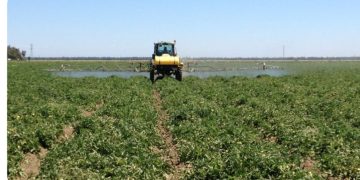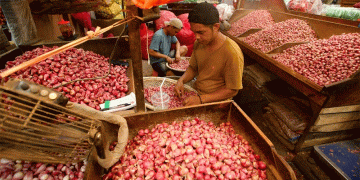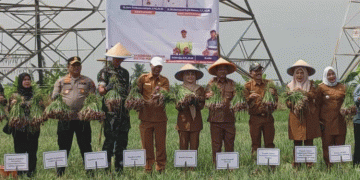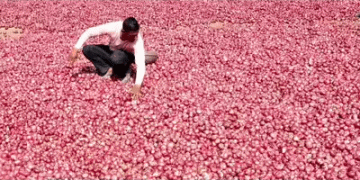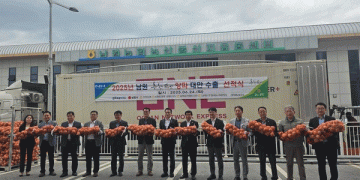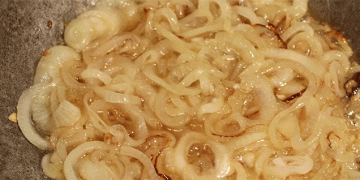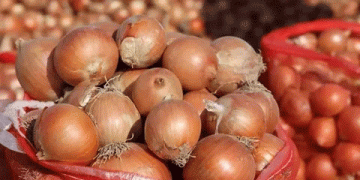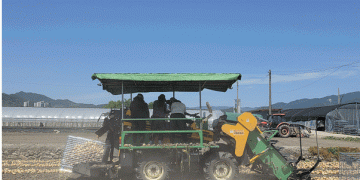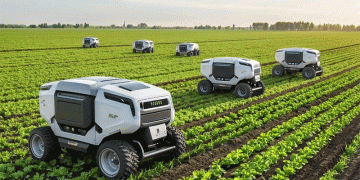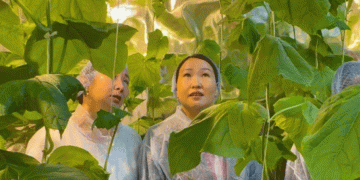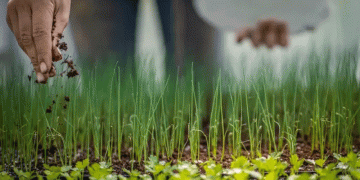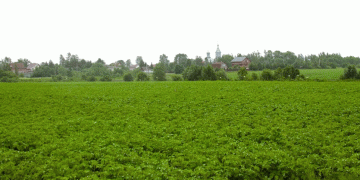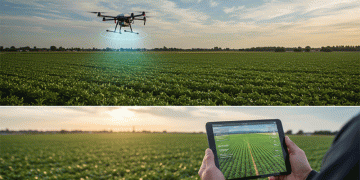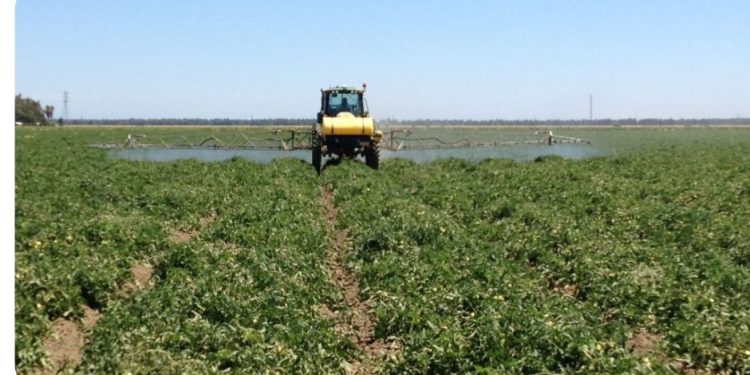Biological products are a vital tool for organic vegetable growers and have shown effectiveness in greenhouses for stopping weeds and bad bugs.
But the industry isn’t stopping there.
Leaders say they’re claiming a place in mainstream agriculture. An industry that started with finding softer chemicals and biological means for controlling pests and weeds now has biostimulants promoting plant growth. Other products even aim at improving vegetable quality and shelf life.
More at market
“The specialty crops are really where a lot of the biological products actually got their start,” said Keith Jones, executive director of the Biological Products Industry Alliance (BPIA).
“Biological products have found their greatest acceptance with fruit and vegetable growers.”
BPIA promotes the responsible development of safe and effective biological products. The group has grown from just five original companies to about 130 members that either manufacture, market or distribute biological products.
Jones said biologicals now make up about 17 percent of the market of pest control products for fruit and vegetable growers – and that market share continues to grow annually.
While about 25 percent of biocontrols are used on organic crops, he said the majority are now being used on conventional crops.
“Consumer demand is also a driver for this,” he said. “People now, they care a lot more about what’s going on with their grapes. They may not have such an interest in what’s being used on their cotton. Things that they’re consuming, there’s a higher degree of interest in what’s being used on those kinds of crops.”
But even biological products are not exempt from all regulation.
In the U.S., the EPA’s Biopesticides and Pollution Prevention Division in its Office of Pesticide Programs handles registration of biological pest controls that act with biochemical, microbial or emerging technologies.
“Like any industry, I’m sure there are some inferior products out there,” Jones said. A biological product that survives on the market for several years likely has a demonstrated value for growers, he said. Startup companies that apply for membership to the BPIA must agree to comply with government registration rules, and make scientifically valid claims in marketing.
“We’re just looking for a company to be a legitimate company with legitimate products or services,” Jones said.
Microbials – products with a microorganism such as bacteria as the active ingredient – make up 25 percent of the industry currently but are its fastest-growing sector. Biochemicals make up about 35 percent, and macro-organisms, such as beneficial insects, make up the rest, Jones said.
Beyond biocontrols
The 2018 Farm Bill contained the first legal definition of biostimulants as “a substance or micro-organism that, when applied to seeds, plants, or the rhizosphere, stimulates natural processes to enhance or benefit nutrient uptake, nutrient efficiency, tolerance to abiotic stress, or crop quality and yield.”
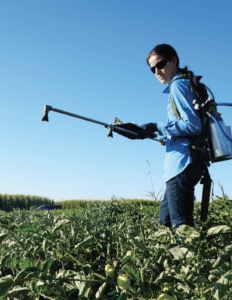
Some examples are amino acids, microbials, or plant extracts that are marketed for helping the plant to grow. While a path to market hasn’t yet been legally defined, BPIA has been advocating for a label program that would identify authentic biostimulants.
Still other biological products are focusing on improving fruit quality and shelf life.
For instance, look at the classic problem of cracked skin on tomatoes. At the Mid-Atlantic Fruit and Vegetable Convention, growers listened to a lecture by Steven Bogash, a retired Penn State Extension educator now working for Marrone Bio Innovations.
“This is what causes cracking: The inside is growing faster than what the skin can handle,” he said.
High-humidity days with a set skin can crack tomatoes wide open. It’s the tomato growers’ single biggest malady, one they usually try to stave off by applying calcium and manganese for a healthy skin. But new this year are not one, but two new foliar-applied products.
Marrone Bio has such a product, called Haven, made from coconut oil, that promotes transpiration and protects from the sun. Another company, BioBest, has a product called Bluestim, made from glycine betaine from sugar beets, that acts as an osmosis regulator, ensuring better regulation of water and nutrients.
“If you’ve got that excess water on the inside and it can move outside readily, you’re going to get a lot less cracking,” Bogash said. “These materials have promise to change the way we lose grade on tomatoes, because, face it: The number one way you take a No. 1 tomato and make it to a No. 2 is typically some kind of cracking.”
Bluestim Product Manager Veronica Cervantes said the product is registered as an organic plant amendment. Applied every 3-4 weeks to young fruit it can prevent cracking and is also used to extend the shelf life of the tomatoes.
“We use them to help the plant cope with shipping,” she said. “You will be protecting the fruit.”
Biological products are increasingly available for a greater variety of pests and problems.
“There is no ‘one size fits all’ program as conditions and pest pressure changes constantly during every season,” Bogash wrote in a handout for a separate education session, this one on biocontrol pest management in hoop houses. “However, the number of pest management tools in our biocontrol toolbox has grown to the point that they can manage most every pest.”
— Stephen Kloosterman, associate editor
